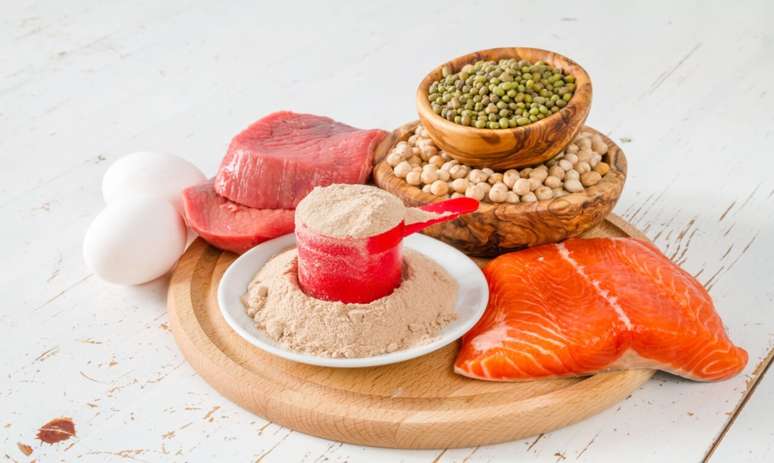Protein is essential for protecting health, controlling weight and ensuring healthy aging
Proteins have gained more and more importance in the diet. This is mainly the result of new research that reinforces the importance of the nutrient for increasing and maintaining muscle mass and, consequently, for health and well-being, regardless of age group.
“Protein consumption combined with a strength exercise program (bodybuilding) helps prevent sarcopenia. The pathology, linked to aging, leads to the natural loss of muscle mass after the age of 40. But it is also linked to diets unbalanced for weight loss, with low protein intake and who do not have the support of physical exercise”, explains nutritionist Nataniel Viuniski, member of the Herbalife Nutrition Affairs Council.
Furthermore, another point that makes this nutrient an ally for health and weight control is the fact that it promotes satiety for longer. In this way, proteins help reduce calorie intake during the day: a very interesting strategy for those who want to lose weight.

7 myths and truths about slimming foods
What is the ideal amount of protein for each person?
The International Society of Sports Nutrition, the body that guides international guidelines on sports nutrition, states that daily protein consumption varies depending on lifestyle, the type of physical exercise practiced and each person’s weight .
According to the organization, those who exercise regularly should ingest between 1.4 and 2.0 g per kilogram per day of protein, while those who participate in endurance exercises (such as marathons and triathlons, for example) should ingest levels at the lower limit of this path.
Those who do intermittent activities (exercises that mix high and low intensity, such as soccer and volleyball) should consume intermediate levels of this range. And those who do strength/power exercises (bodybuilding) should ingest levels at the upper end of this range.
For people who do not exercise, the recommendation is approximately 1 g/kg/day of protein. This is because this amount is already sufficient to satisfy the needs of adult men and women.
For example: A sedentary person should consume 1 g of protein per kilogram. So, if you weigh 60 kg, just multiply 1 x 60 to know that the total protein to ingest is approximately 60 grams per day.
The importance of fractionation
It is worth noting that, in addition to regulating the amount of protein in meals, it is interesting that the consumption of the nutrient is divided throughout the day. In this way, the body makes better use of the nutrient supply offered.
“Protein supplements such as whey protein, protein bars and shakes are interesting and very practical because they contribute to an adequate intake of nutrients,” says the nutritionist.
To better control the amount of protein you consume, try eating around 25g in main meals and 10g in snacks. In addition, consult the nutritional table of the food, weigh the cooked protein a few times to familiarize yourself with the amount in the usual portions and use an app that helps with daily control.
Check the amount of protein in some foods:
- 1 egg: 6 g
- 1 whole Greek yogurt (90 g): 5 g
- 1 glass of whole milk (200 ml): 5.8 g
- 2 scoops (12g): 8.4g
- 1 chicken fillet (100 g): 21 g
- 1 sirloin steak (100 g): 26.8 g
- 1 salmon steak (100 g): 26 g
- 1 fillet mignon steak (100 g): 32.7 g
Source: Terra
Ben Stock is a lifestyle journalist and author at Gossipify. He writes about topics such as health, wellness, travel, food and home decor. He provides practical advice and inspiration to improve well-being, keeps readers up to date with latest lifestyle news and trends, known for his engaging writing style, in-depth analysis and unique perspectives.








